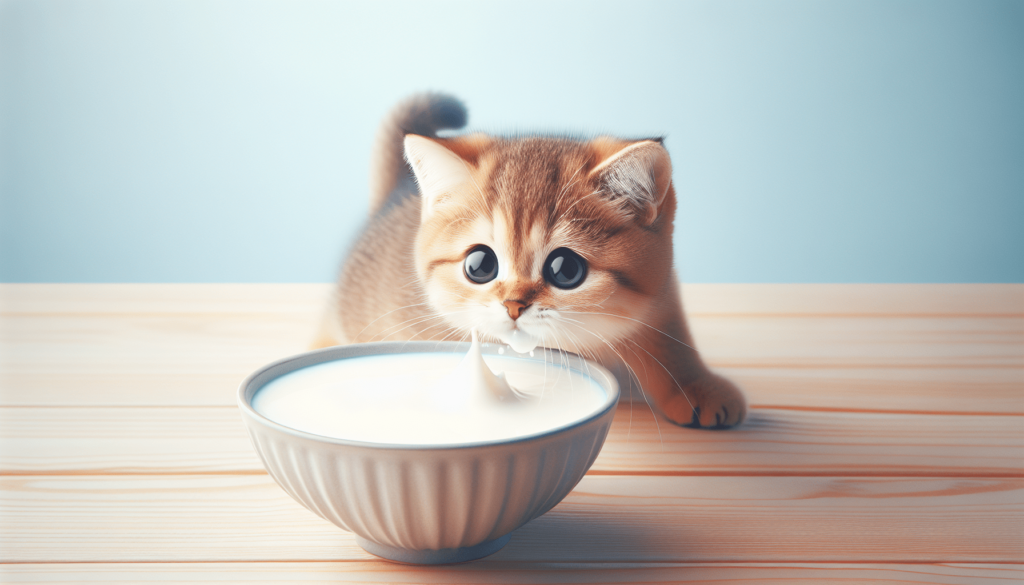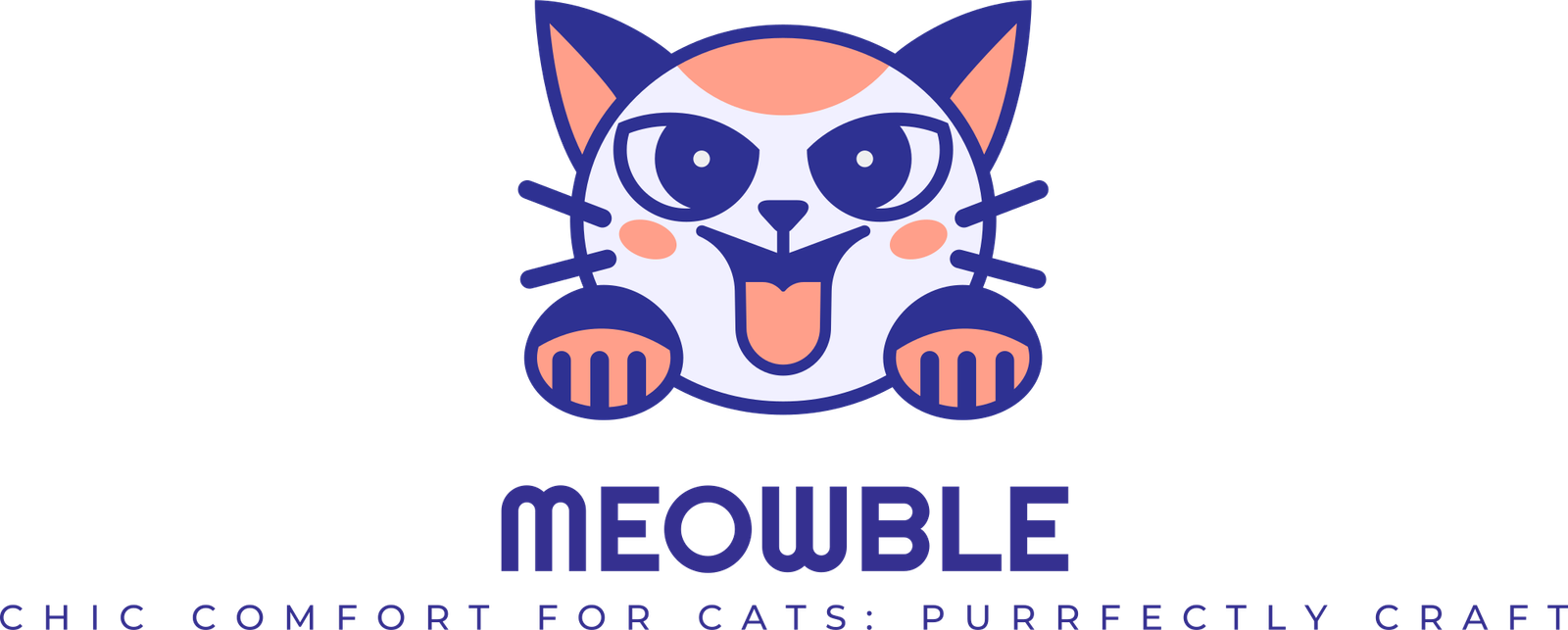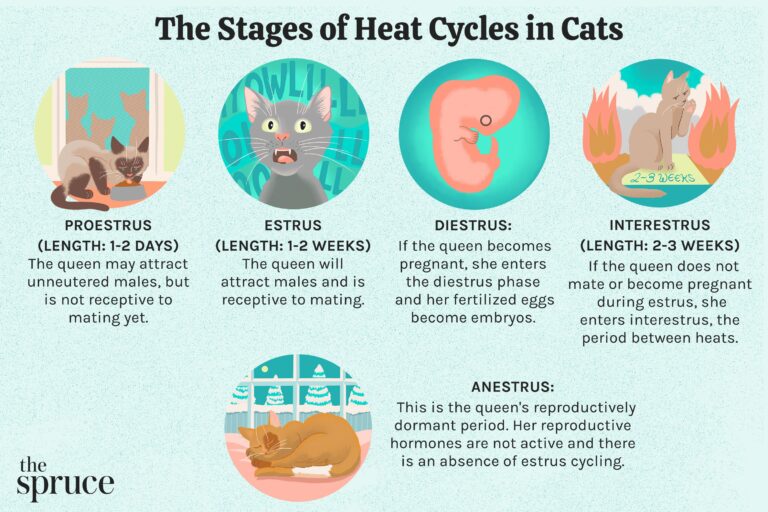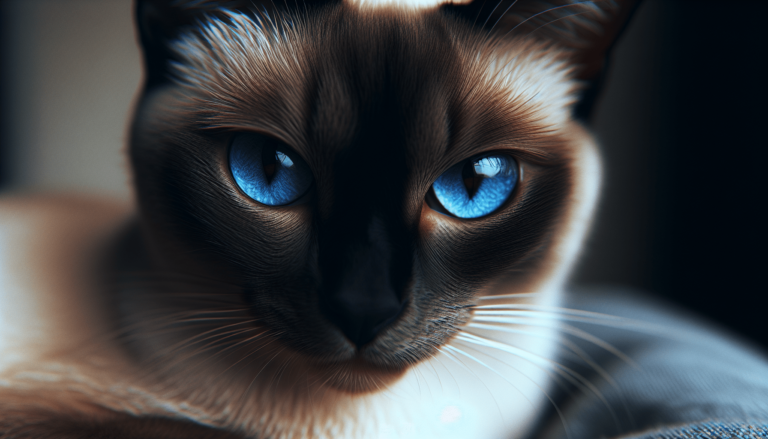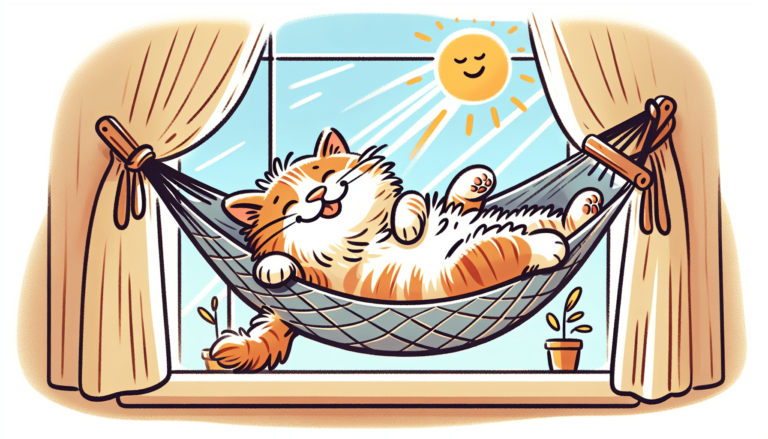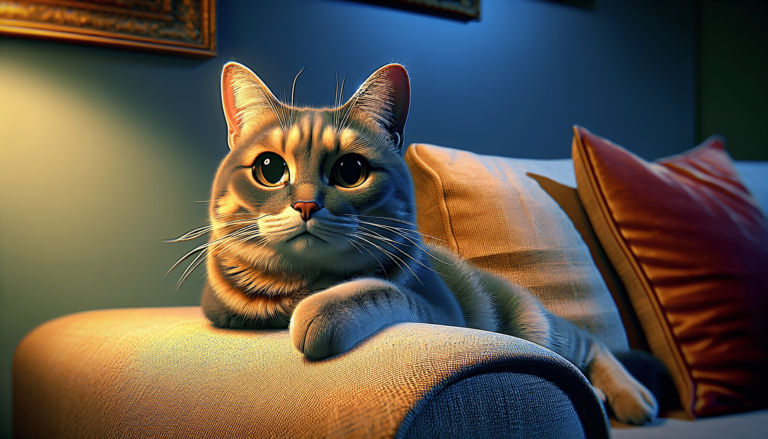Is Milk Good For Cats
Hello there! Have you ever wondered if milk is good for your feline friend? Many people believe that cats naturally love milk, but the truth is that most cats are actually lactose intolerant. While milk may seem like a treat for your cat, it can actually cause digestive issues and discomfort. Let’s explore the facts behind whether milk is truly beneficial for your furry companion. Is Milk Good For Cats?
Have you ever wondered whether giving your feline friend a saucer of milk is actually beneficial? Many people associate cats with drinking milk, but is it really good for them? Let’s dive into this topic and explore whether milk is a suitable treat for your beloved kitty.
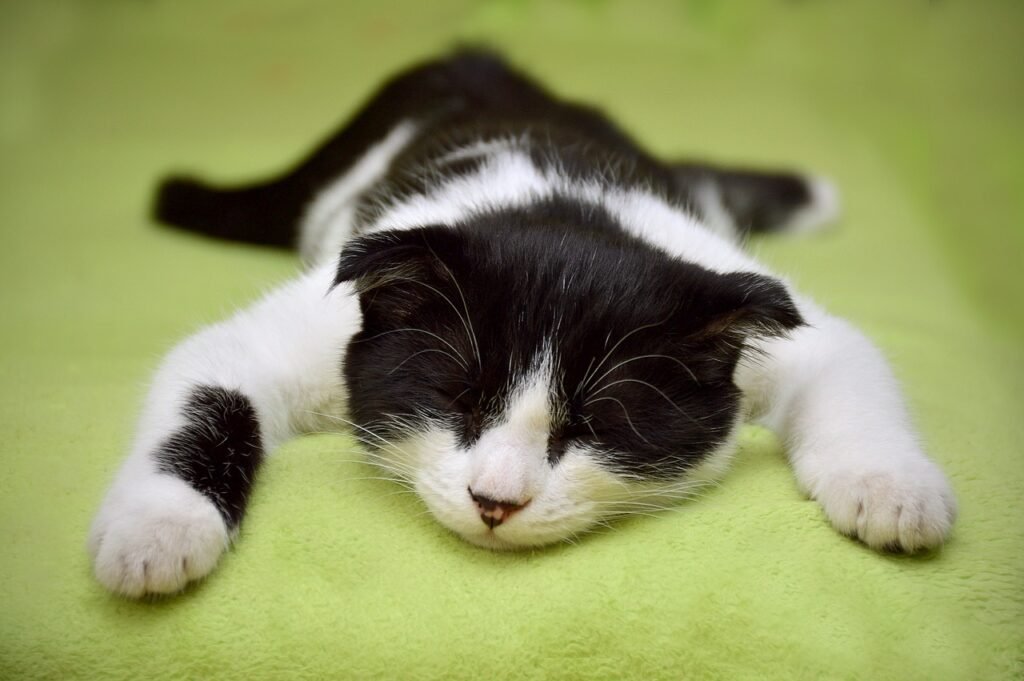
The Myth of Cats and Milk
You may have seen it in cartoons or movies – a cute cat lapping up a bowl of milk with delight. This image has become ingrained in popular culture, leading many people to believe that milk is a staple in a cat’s diet. However, the reality is quite different.
When it comes to adult cats, milk is not an essential or necessary part of their diet. In fact, many cats are lactose intolerant, meaning that they cannot properly digest the lactose found in milk. This can lead to digestive upset, including symptoms such as diarrhea, vomiting, and stomach cramps.
Lactose Intolerance in Cats
Just like some humans, cats can be lactose intolerant. Lactose is a sugar found in milk, and the enzyme needed to properly break it down, lactase, is often in short supply in adult cats. Without enough lactase, the lactose in milk cannot be effectively digested by the cat’s body.
If your cat is lactose intolerant, feeding them milk can lead to gastrointestinal distress. It’s important to pay attention to any reactions your cat may have after consuming milk and consult with your veterinarian if you suspect they are lactose intolerant.
Kittens and Milk
While adult cats may struggle to digest milk, the situation is a bit different for kittens. Mother cats naturally produce milk to feed their young kittens, and this milk contains the nutrients necessary for a kitten’s growth and development.
Mother’s Milk
During the first few weeks of a kitten’s life, mother’s milk provides essential nutrients, antibodies, and hydration. It is crucial for kittens to nurse from their mother in the early stages of life to ensure they receive the proper nourishment needed for healthy growth.
If a kitten is orphaned or unable to nurse from its mother, special kitten milk replacers are available that mimic the composition of mother’s milk. These commercial milk replacers are specially formulated to provide the necessary nutrients for kittens to thrive.
Weaning
As kittens grow older, they naturally begin to transition from mother’s milk to solid food. This process, known as weaning, typically occurs around 4-8 weeks of age. During this time, kittens may still benefit from supplemental kitten milk replacers to ensure they are receiving adequate nutrition.
It’s important for kitten owners to monitor the weaning process and provide a balanced diet that meets the nutritional needs of growing kittens. Consult with your veterinarian for guidance on proper kitten care, including feeding and weaning.
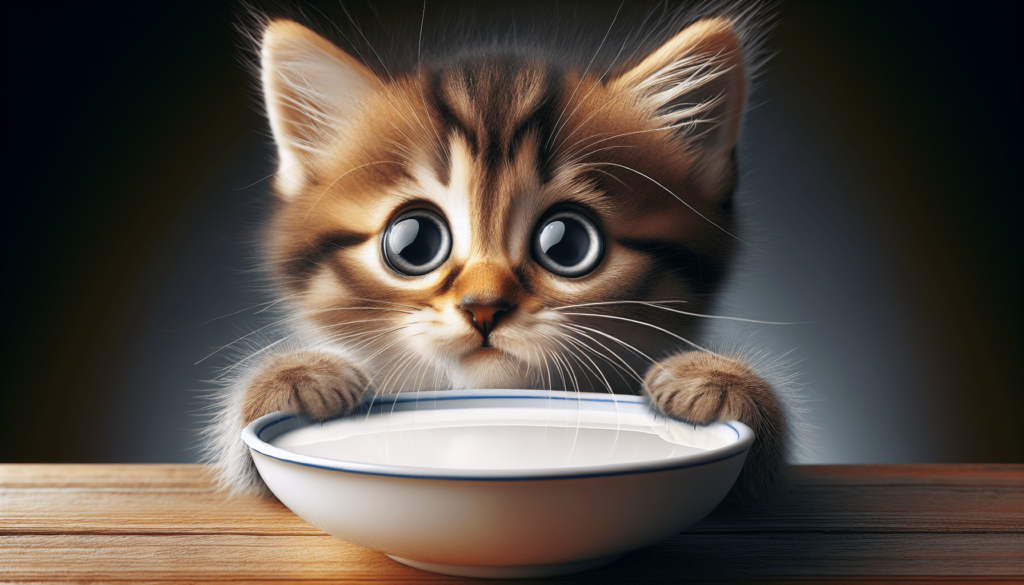
Alternatives to Milk for Adult Cats
If you want to treat your adult cat to something special but don’t want to risk the digestive upset that can come from milk, there are plenty of alternative options available. Let’s explore some safe and tasty treats that your cat is sure to enjoy.
Water
One of the best things you can provide for your cat is fresh, clean water. Cats need to stay hydrated to maintain good health, so make sure to offer your cat a bowl of fresh water daily. Some cats prefer running water, so investing in a cat fountain may entice them to drink more.
Commercial Cat Treats
There are a wide variety of commercial cat treats available on the market that are specifically formulated for feline consumption. These treats come in different flavors, textures, and formulations to appeal to different cats’ preferences. Make sure to choose treats that are high in protein and low in fillers and artificial ingredients.
Fresh Fruits and Vegetables
Some cats enjoy the occasional nibble on fresh fruits and vegetables. Good options include carrots, green beans, cooked pumpkin, and cantaloupe. Make sure to cut fruits and vegetables into small, manageable pieces and monitor your cat for any adverse reactions.
Meaty Treats
If your cat is a meat lover, consider offering them small pieces of cooked meat as a special treat. Chicken, turkey, and lean cuts of beef are all good options. Make sure to remove any bones, seasonings, or sauces before offering the meat to your cat.
Catnip
Many cats go wild for catnip, a plant in the mint family that produces a euphoric reaction in cats when they sniff or ingest it. You can offer your cat fresh catnip, dried catnip, or toys infused with catnip to provide them with a fun and stimulating treat.
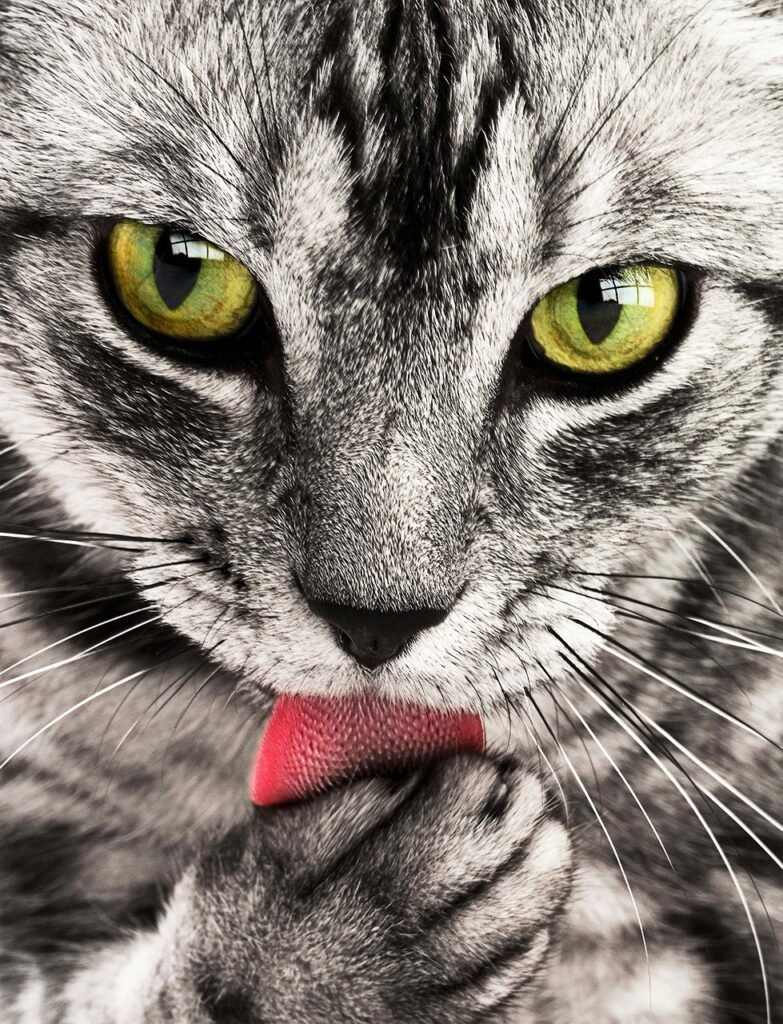
Conclusion
While the image of a cat enjoying a saucer of milk may be cute and endearing, the reality is that milk is not an essential part of a cat’s diet. Many adult cats are lactose intolerant and may experience digestive upset if fed milk. If you want to treat your cat to something special, there are plenty of alternative options available that are safe and tasty.
Remember to monitor your cat’s reactions to new treats and consult with your veterinarian if you have any concerns about your cat’s dietary needs. By providing your cat with a balanced diet and plenty of fresh water, you can help ensure that they stay happy, healthy, and well-nourished.
